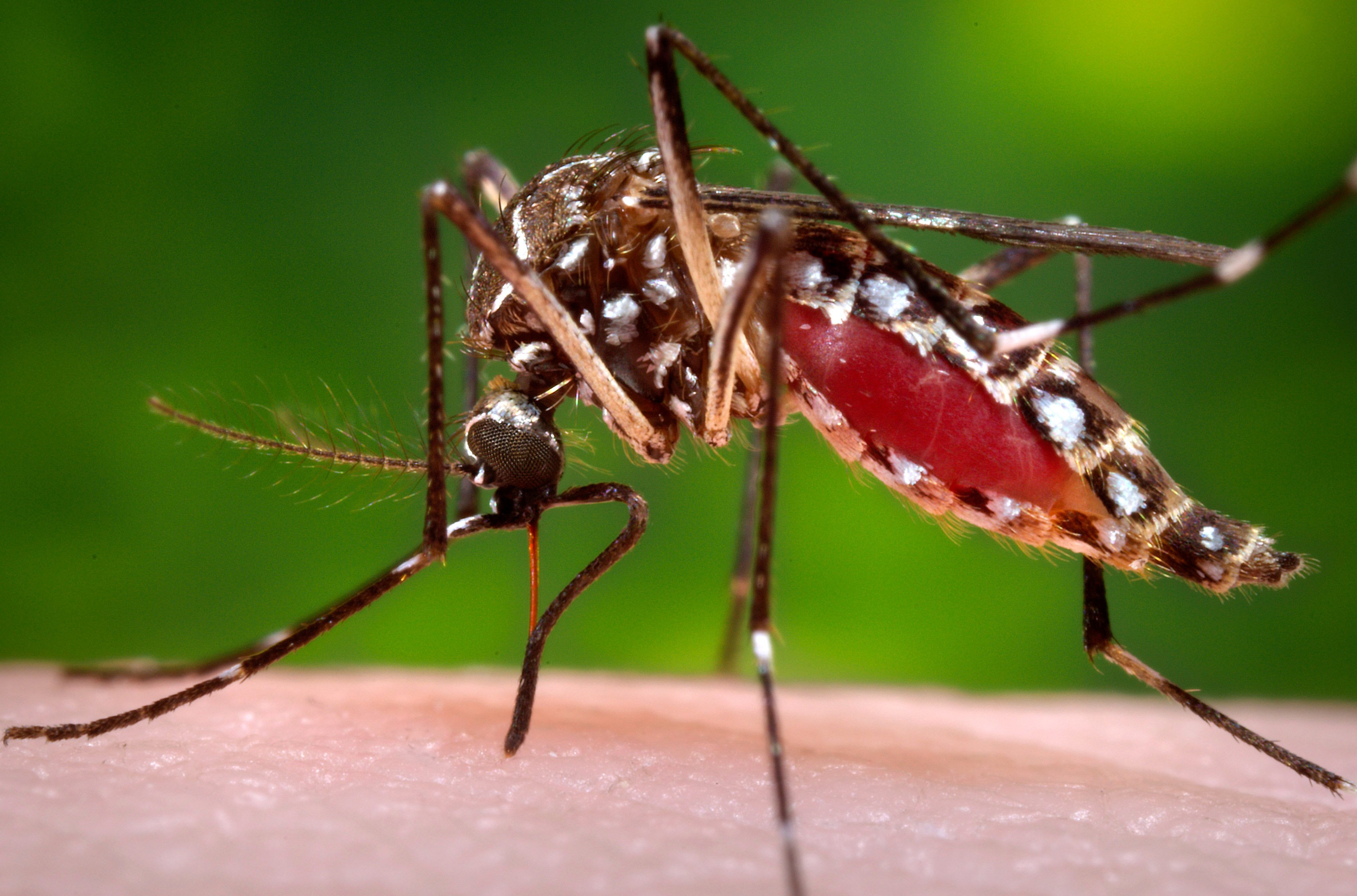About PAMCA
The Pan-African Mosquito Control Association (PAMCA) is an African member-based professional body that brings together stakeholders in the field of vectors and vector-borne diseases control including scientists, public health professionals, vector control specialists, affected communities and other stakeholders to work together and adopt best practices for the control and elimination of vector-borne diseases in Africa and worldwide.
PAMCA’s core mandate consists in capacity building for vector-borne disease surveillance and elimination, building collaboration and partnership with key stakeholders in the vector-borne disease elimination agenda, knowledge management of vector-borne disease sciences and best practices, strengthening the role of women in vector control to achieve gender empowerment, inclusivity, and equity, and strengthening governance structures for organizational sustainability. PAMCA aims at connecting African-based public health entomologists, public health professionals and other actors engaged in vector control and elimination efforts in Africa, working towards a common vision of “An Africa free of vector-borne diseases.”
Formation
PAMCA was established in 2009 and registered in Kenya in 2011 as a Non-Governmental Organization under the Non-Governmental Organizations Co-ordination Act (Cap 19) of 1990 of Kenyan laws. PAMCA was formally launched in 2013 during the 6th session of the Multi-lateral Initiative on Malaria (MIM) Conference in Durban, South Africa.

Our Vision
An Africa free of mosquito-borne diseases.
Our Mission
To provide a platform for African scientists, public health professionals and stakeholders to drive efforts towards control and elimination of mosquito borne diseases.
Our Focus Areas
- Capacity Building
- Collaborations and Partnership
- Knowledge Management
- Institutional Capacity
Core Values
- Integrity: We discharge our duties diligently and in line with nationally and internationally recognized ethical and professional standards.
- Innovation: We are committed to continuous learning and improvement on how we do our work.
- Excellence: In executing our mandate, we strive to uphold the highest standards of ethical and professional practice.
- Partnership: We are aware that the fight against malaria and other vector borne diseases can only be won by everyone joining hands against the scourge. As such we actively seek partnerships with other actors including individuals, research institutions, academia, government agencies, non-governmental organisations as well as international bodies with whom we share the vision in the fight against malaria and other vector borne diseases.
Specific Objectives
- Improvement of the life quality of the people by reducing the mosquito nuisance level.
- Promotion of African co-operation and participation in mosquito control projects in Africa and developing countries. Promotion of the study, prevention and control of mosquito-borne diseases.
- Development and implementation of new materials, techniques and tools for mosquito control.
- Enhancement of control measures based on Integrated Vector Management approaches by favoring methods with low toxicological profile and low environmental impact.
- Organization of educational and training courses, visits and staff exchanges between the members of the Organization in order to achieve better professional skills in accordance with the objectives of the Organization.
- Promotion of general public and authority’s awareness about mosquito control and related subjects.
How We Work
- Promotion of Africa co-operation and participation in mosquito control project in Africa and developing countries.
- Promotion of the study, prevention and control of mosquito borne diseases.
- Development and implementation of new material techniques and tools for mosquito control.
- Enhancement of control measures based on integrated Vector Management approaches by favoring methods with low toxicological profile and low environmental impact.
- Organization of educational and training courses, visits and staff exchanges between the members of the organization in order to achieve better professional skills in accordance with the objectives of the organization.
- Promotion of general public and relevant authorities, awareness about mosquito control and relevant subjects.
